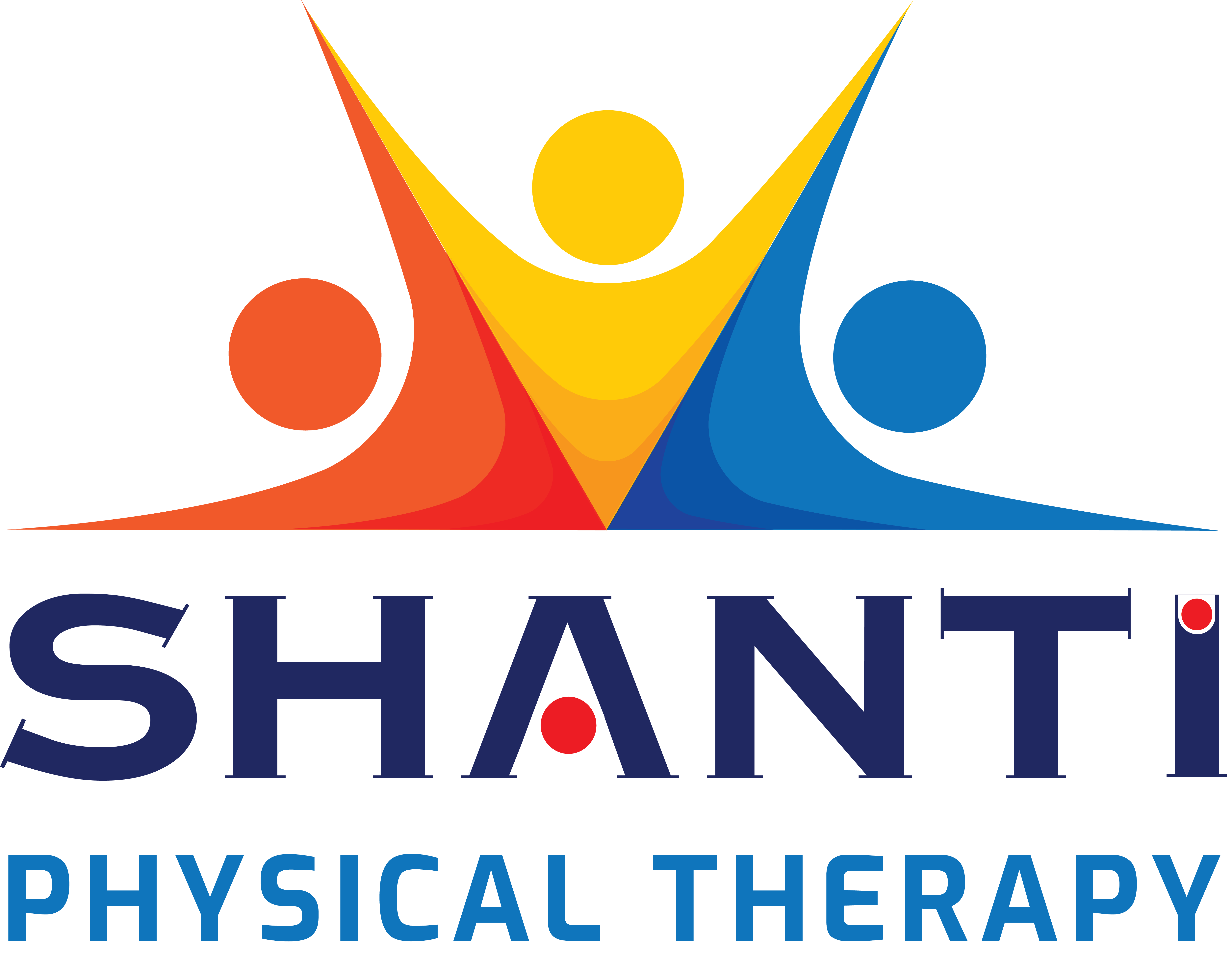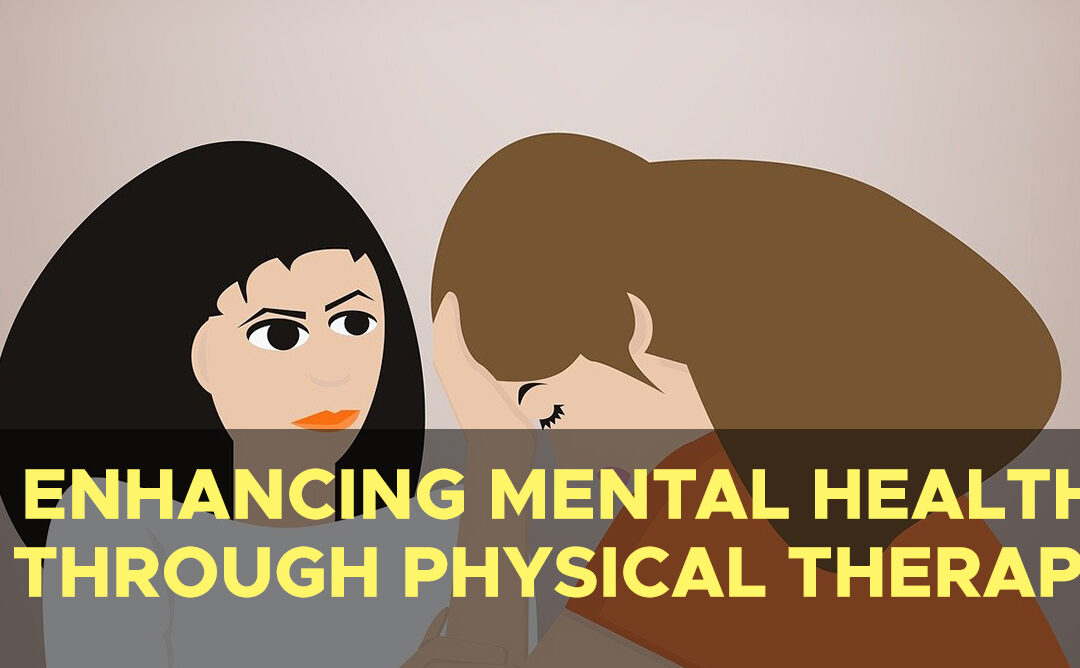Introduction
Mental health is a vital aspect of overall well-being, yet many individuals encounter barriers when seeking appropriate services and support. From stigma to limited accessibility, the challenges are manifold, underscoring the necessity for diverse approaches to address mental health needs effectively. Amid these challenges, the intersection between physical therapy and mental health emerges as a promising avenue for holistic care.
Barriers to Mental Health Services
Despite growing awareness and advocacy efforts, numerous barriers continue to impede individuals from accessing mental health services. Stigma remains a pervasive issue, discouraging many from seeking help due to fear of judgment or societal misconceptions. Additionally, financial constraints, geographical limitations, and shortages of mental health professionals exacerbate the challenge of obtaining timely and adequate care.
 The Relation of Physical Therapy
The Relation of Physical Therapy
Physical therapy, traditionally associated with rehabilitation and injury prevention, encompasses a range of techniques and interventions aimed at optimizing physical function and mobility. However, recent research highlights the intricate connection between physical and mental well-being. Physical activity has been shown to exert profound effects on mood regulation, stress reduction, and cognitive function, underscoring its potential as a complementary approach to conventional mental health interventions.
Role of Physical Therapy in Improving Mental Health
The role of physical therapy in enhancing mental health extends beyond the realm of exercise and rehabilitation. Therapeutic modalities such as massage, manual therapy, and relaxation techniques can alleviate symptoms of anxiety, depression, and trauma by promoting relaxation, reducing muscle tension, and enhancing overall physiological balance. Moreover, physical activity releases endorphins, neurotransmitters associated with feelings of well-being and euphoria, thereby serving as a natural mood enhancer.
Provides Mental Health Support by Shanti Physical Therapy in New Jersey
In the heart of New Jersey, Shanti Physical Therapy stands as a beacon of holistic care, integrating physical therapy with a compassionate approach to mental health support. Recognizing the interconnectedness of mind and body, Shanti Physical Therapy offers tailored interventions to address both physical ailments and psychological distress. Through personalized treatment plans, individuals receive comprehensive care aimed at restoring balance and fostering resilience.
At Shanti Physical Therapy, a multidisciplinary team of clinicians collaborates to address the diverse needs of clients, drawing upon evidence-based practices and innovative approaches to promote mental and emotional well-being. From mindfulness-based interventions to therapeutic exercises, each intervention is thoughtfully designed to empower individuals on their journey toward healing and self-discovery.
Conclusion
In conclusion, the integration of physical therapy into mental health care represents a paradigm shift in the approach to holistic well-being. By addressing the interconnectedness of mind and body, physical therapy offers a potent avenue for alleviating symptoms of psychological distress and enhancing overall quality of life. As exemplified by Shanti Physical Therapy in New Jersey, compassionate care coupled with evidence-based practices holds the key to unlocking the transformative potential of physical therapy in the realm of mental health. As we continue to navigate the complexities of mental health care, let us embrace innovative solutions and collaborative approaches that honor the inherent dignity and resilience of every individual.
References:
Mammen G, Faulkner G. Physical activity and the prevention of depression: a systematic review of prospective studies. Am J Prev Med. 2013;45(5):649-657.
Stubbs B, Vancampfort D, Rosenbaum S, et al. An examination of the anxiolytic effects of exercise for people with anxiety and stress-related disorders: a meta-analysis. Psychiatry Res. 2017;249:102-108.
Hallgren M, Helgadóttir B, Herring MP, et al. Exercise and internet-based cognitive–behavioural therapy for depression: multicentre randomised controlled trial with 12-month follow-up. Br J Psychiatry. 2016;209(5):414-420.
Pelletier R, Higgins J, Bourbonnais D. Is neuroplasticity in the central nervous system the missing link to our understanding of chronic musculoskeletal disorders? BMC Musculoskelet Disord. 2015;16(1):25.
Busch AJ, Barber KAR, Overend TJ, et al. Exercise for treating fibromyalgia syndrome. Cochrane Database Syst Rev. 2007;(4):CD003786.

